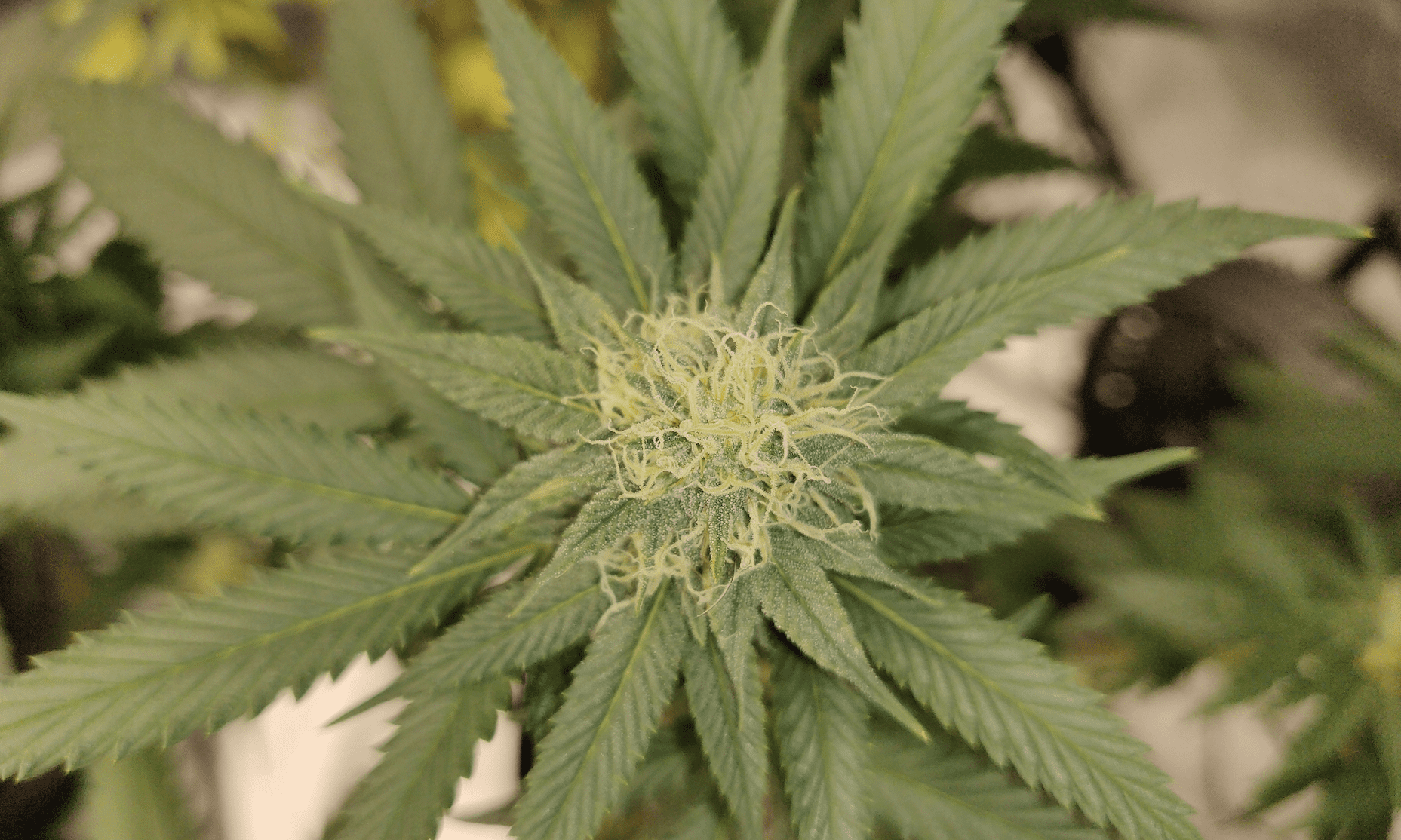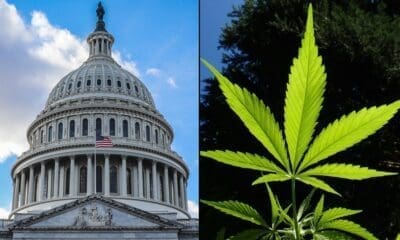Politics
Minnesota Marijuana Legalization Bill Clears Another House Committee, For A Total Of Ten So Far

Another Minnesota House committee approved a bill to legalize marijuana on Saturday, raising the total number of panels that have advanced the proposal to 10.
The Health Finance and Policy Committee passed the legislation by a vote of 11-8 at the joint hearing, which was held in conjunction with the Human Services Finance and Policy Committee—though only members of the former panel voted.
House Majority Leader Ryan Winkler (D), Speaker Melissa Hortman (D) and other lawmakers filed the measure in February. It would allow adults 21 and older to purchase and possess up to 1.5 ounces of cannabis and cultivate up to eight plants, four of which could be mature.
Winkler told the committee that the bill “seeks to create a legalized regulated marketplace for cannabis, and to end criminal prohibition of cannabis and all of the racial inequity associated with the criminal prohibition of cannabis.”
Another aim is to “create a space for Minnesota adults to legally use a product that can be used with relative safety, certainly as safely or more so than alcohol and cigarettes,” he said.
Rep. Jeremy Munson (R) introduced an amendment that would have gutted the legalization bill and replaced it with provisions to simply decriminalize possession of marijuana and certain cannabis preparations, along with paraphernalia. But the committee chair ruled that the proposal was out of order because it dealt with criminal penalties and was not within the scope of the health panel’s jurisdiction.
With Saturday’s vote, the number of committees that have passed the legalization bill entered into the double digits, making it one of most thoroughly vetted reform measures to move through a state legislature. And there’s still more to come—though Winkler said he expects a floor vote this month.
Earlier this week, the Public Safety and Criminal Justice Reform Finance and Policy Committee advanced the legislation.
Before that, it passed the Education Finance Committee, State Government Finance and Elections Committee, Judiciary Finance and Civil Law Committee, the Environment and Natural Resources Finance and Policy Committee, the Agriculture Finance and Policy Committee, the Workforce and Business Development Finance and Policy Committee, the Labor, Industry, Veterans and Military Affairs Finance and Policy Committee and the Commerce Finance and Policy Committee.
The next stop for the bill will be the House Taxes Committee.
—
Marijuana Moment is already tracking more than 1,000 cannabis, psychedelics and drug policy bills in state legislatures and Congress this year. Patreon supporters pledging at least $25/month get access to our interactive maps, charts and hearing calendar so they don’t miss any developments.
![]()
Learn more about our marijuana bill tracker and become a supporter on Patreon to get access.
—
If the bill does make it all the way through the House, it’s still expected to face a significant challenge in the Republican-controlled Senate, where lawmakers have signaled that they’re more interested in revising the state’s existing medical cannabis program than enacting legalization of adult use.
The majority leader’s bill as introduced was identical to a proposal he filed last year, with some minor technical changes. Winkler, who led a statewide listening to gather public input ahead of the measure’s introduction, called it the “best legalization bill in the country” at the time. It did not advance in that session, however.
Under the legislation, social equity would be prioritized, in part by ensuring diverse licensing and preventing the market from being monopolized by corporate players. Prior marijuana records would also be automatically expunged.
On-site consumption and cannabis delivery services would be permitted under the bill. And unlike in many legal states, local municipalities would be banned from prohibiting marijuana businesses from operating in their areas.
Retail cannabis sales would be taxed at 10 percent. Part of that revenue would fund a grant program designed to promote economic development and community stability.
The bill calls for the establishment of a seven-person Cannabis Management Board, which would be responsible for regulating the market and issuing cannabis business licenses. It was amended in committee month to add members to that board who have a social justice background.
People living in low-income neighborhoods and military veterans who lost honorable status due to a cannabis-related offense would be considered social equity applicants eligible for priority licensing.
Cannabis retails sales would launch on December 31, 2022.
Gov. Tim Walz (D) is also in favor of ending marijuana prohibition, and in January he called on lawmakers to pursue the reform as a means to boost the economy and promote racial justice. He did not include a request to legalize through his budget proposal, however.
Walz did say in 2019 that he was directing state agencies to prepare to implement reform in anticipation of legalization passing.
Winkler, meanwhile, said in December that if Senate Republicans don’t go along with the policy change legislatively, he said he hopes they will at least let voters decide on cannabis as a 2022 ballot measure.
Heading into the 2020 election, Democrats believed they had a shot of taking control of the Senate, but that didn’t happen.
The result appears to be partly due to the fact that candidates from marijuana-focused parties in the state earned a sizable share of votes that may have otherwise gone to Democrats, perhaps inadvertently hurting the chances of reform passing.
In December, the Minnesota House Select Committee On Racial Justice adopted a report that broadly details race-based disparities in criminal enforcement and recommends a series of policy changes, including marijuana decriminalization and expungements.
Photo courtesy of Mike Latimer.
















